US: North Carolina Changes Sales Tax Threshold for Remote Sellers

Following the Wayfair ruling in 2018, the North Carolina Department of Revenue (NCDOR) introduced the economic nexus threshold. The NCDOR policy took effect on November 1, 2018. It required remote sellers to register for sales tax purposes if their gross sales exceeded USD 100,000 or 200 or more separate transactions in the previous or current calendar year.
Effective July 1, 2024, the NCDOR made a significant change with Directive SD-24-1, eliminating the transaction threshold for remote sellers.
Impact of the Directive on Remote Sellers
With the repeal of the 200 transaction-based economic nexus annual threshold, remote sellers and marketplace facilitators must collect and remit sales and use tax only if their gross sales from remote transactions sourced to North Carolina exceed USD 100,000.
According to the Directive, the current thresholds for remote sellers and marketplace facilitators include:
For remote sellers gross sales exceeding USD 100,000 from remote sales sourced to North Carolina, including sales as a marketplace seller, either in the previous or current calendar year,
For marketplace facilitators gross sales exceeding USD 100,000 on all marketplace-facilitated sales for all marketplace sellers sourced to North Carolina, either in the previous or current calendar year.
Furthermore, the Directive clarifies that remote sellers who exceeded the transaction thresholds and already registered with the NCDOR and obtained a certificate of registration before July 1, 2024, may cancel their registration if they meet the following requirements:
Did not make gross sales sourced to North Carolina of more than USD 100,000 during 2023.
Did not make gross sales sourced to North Carolina of more than USD 100,000 from January 1, 2024, until the date they canceled registration in 2024.
Are not otherwise engaged in business in the state.
Conclusion
North Carolina is the third state, after Indiana and Wyoming, that eliminates the transaction threshold for economic nexus for remote sellers. Remote sellers and marketplace facilitators should act fast and consider how this change affects their business and whether they should stay registered, remain registered, or cancel their registration.
Source: North Carolina Department of Revenue, Directive SD-24-1

Featured Insights

Burkina Faso FEC E-Invoicing Mandatory July 2026
🕝 February 24, 2026More News from Americas
Get real-time updates and developments from around the world, keeping you informed and prepared.

South Carolina Sales and Use Tax: Rates, Nexus, Exemptions

Arkansas Sales and Use Tax: Rules, Rates & Nexus Explained

Minnesota Sales and Use Tax Guide: Rates, Nexus & Exemptions

Peru VAT Rules for Non-Resident Digital Services: Filing & Compliance

Detroit to Accept Cryptocurrency Payments for Taxes in 2025

-e9lcpxl5nq.webp)




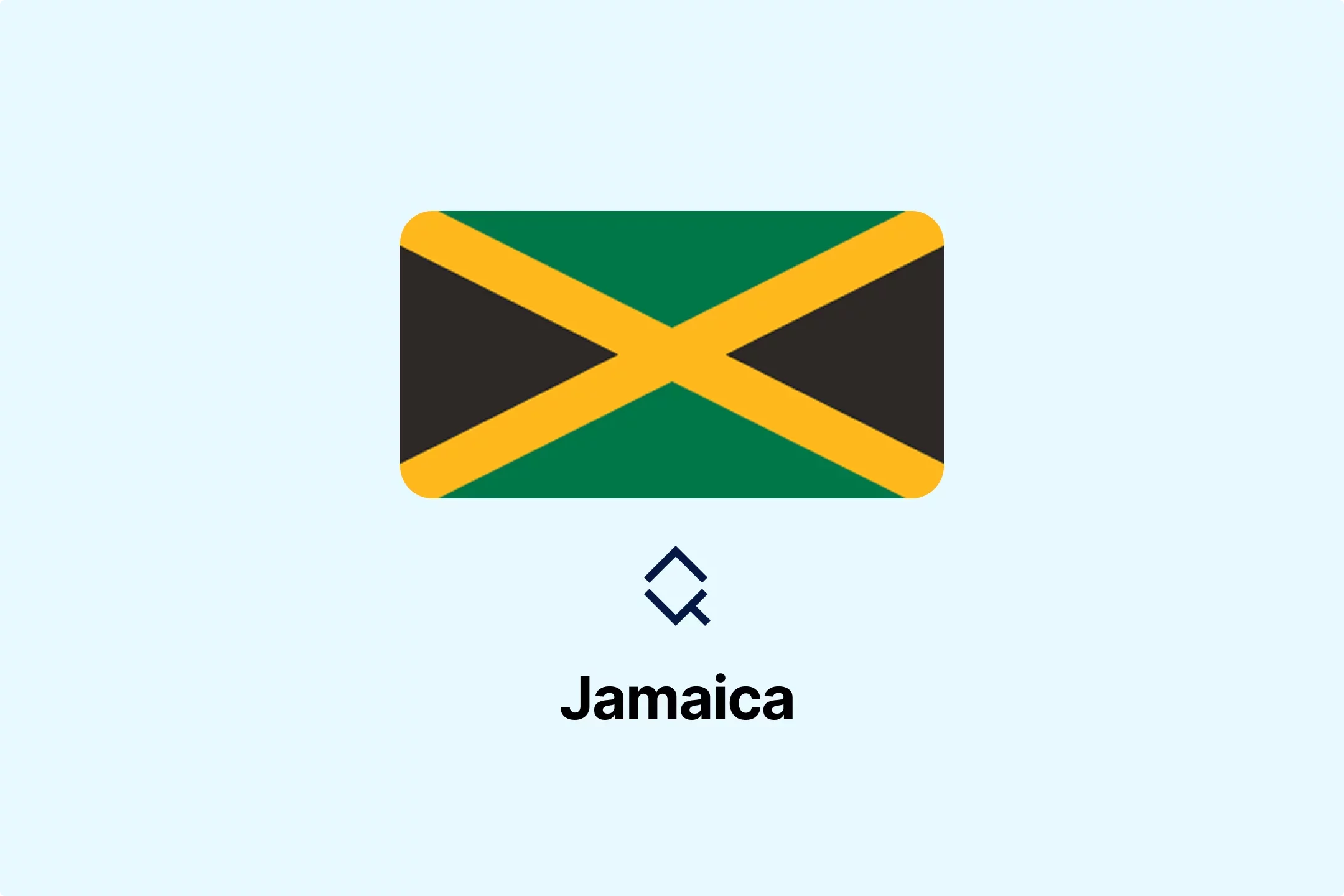
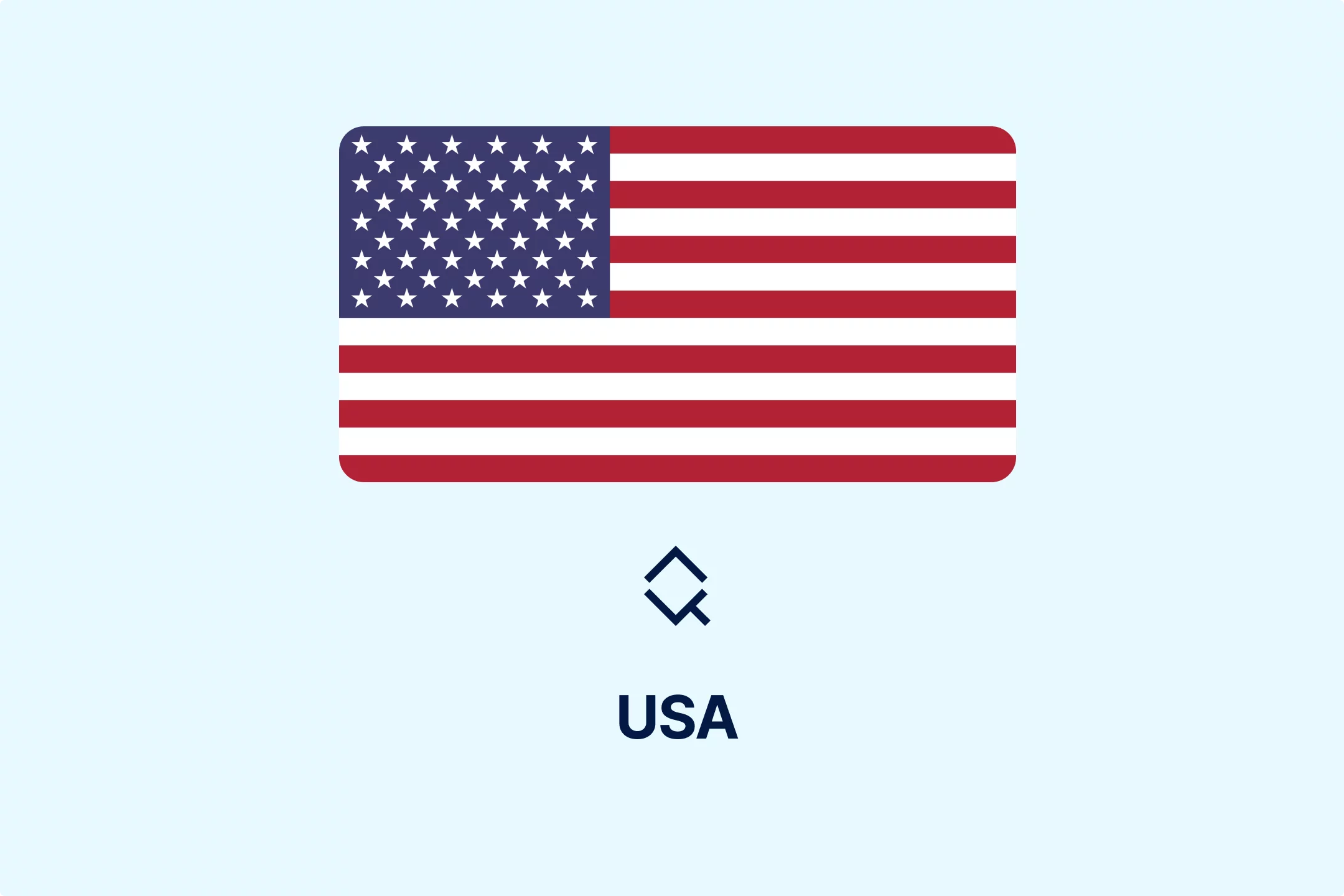
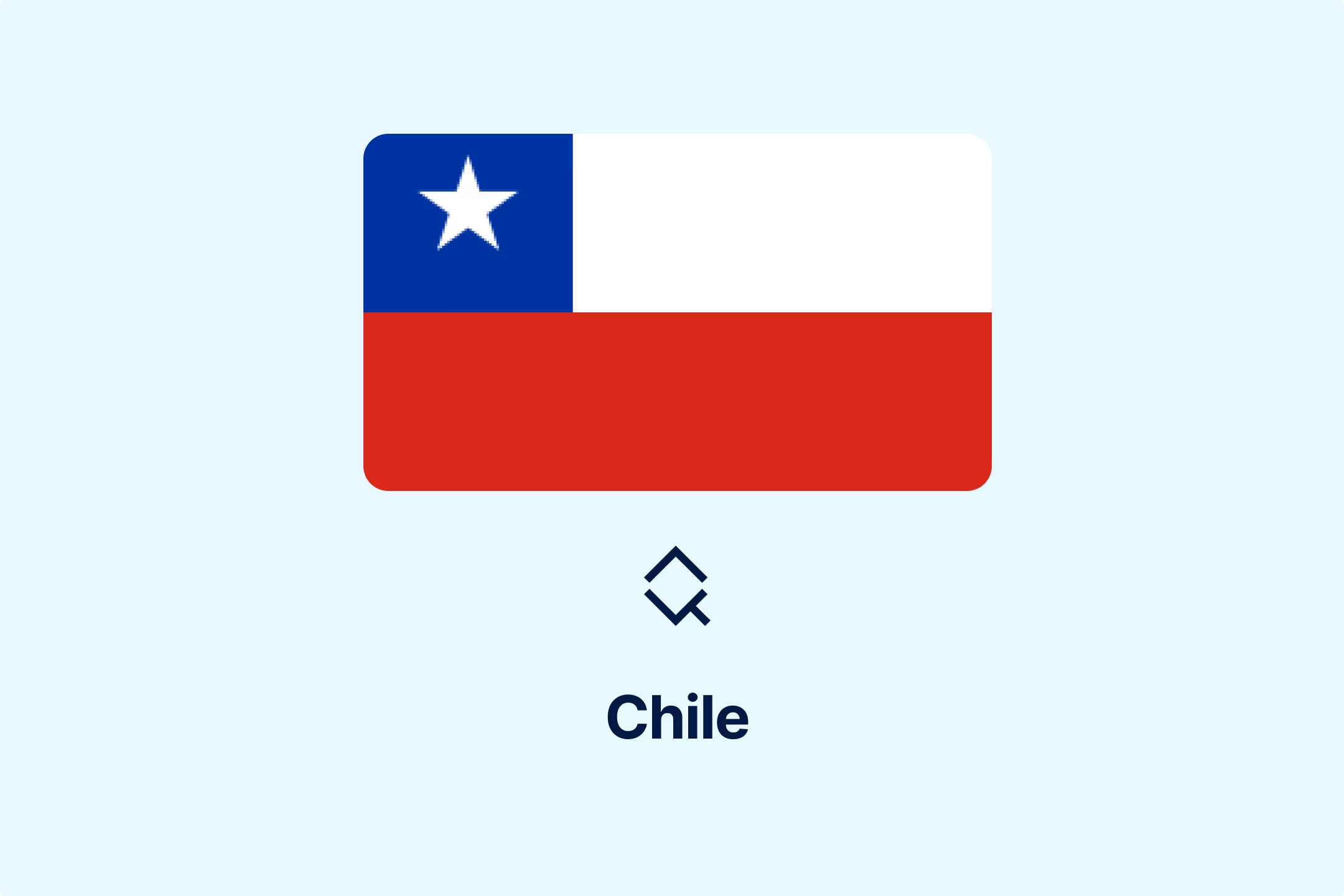
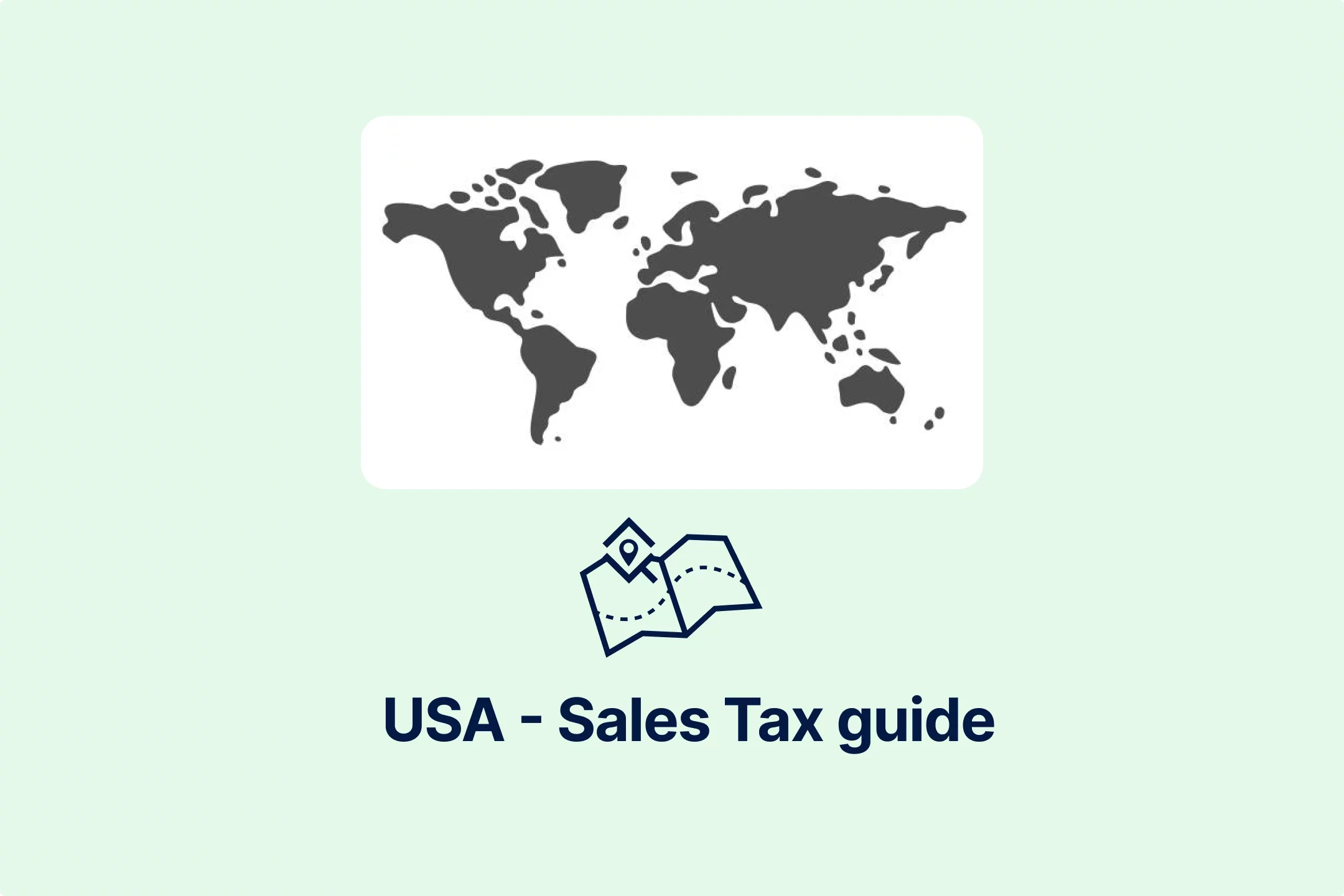
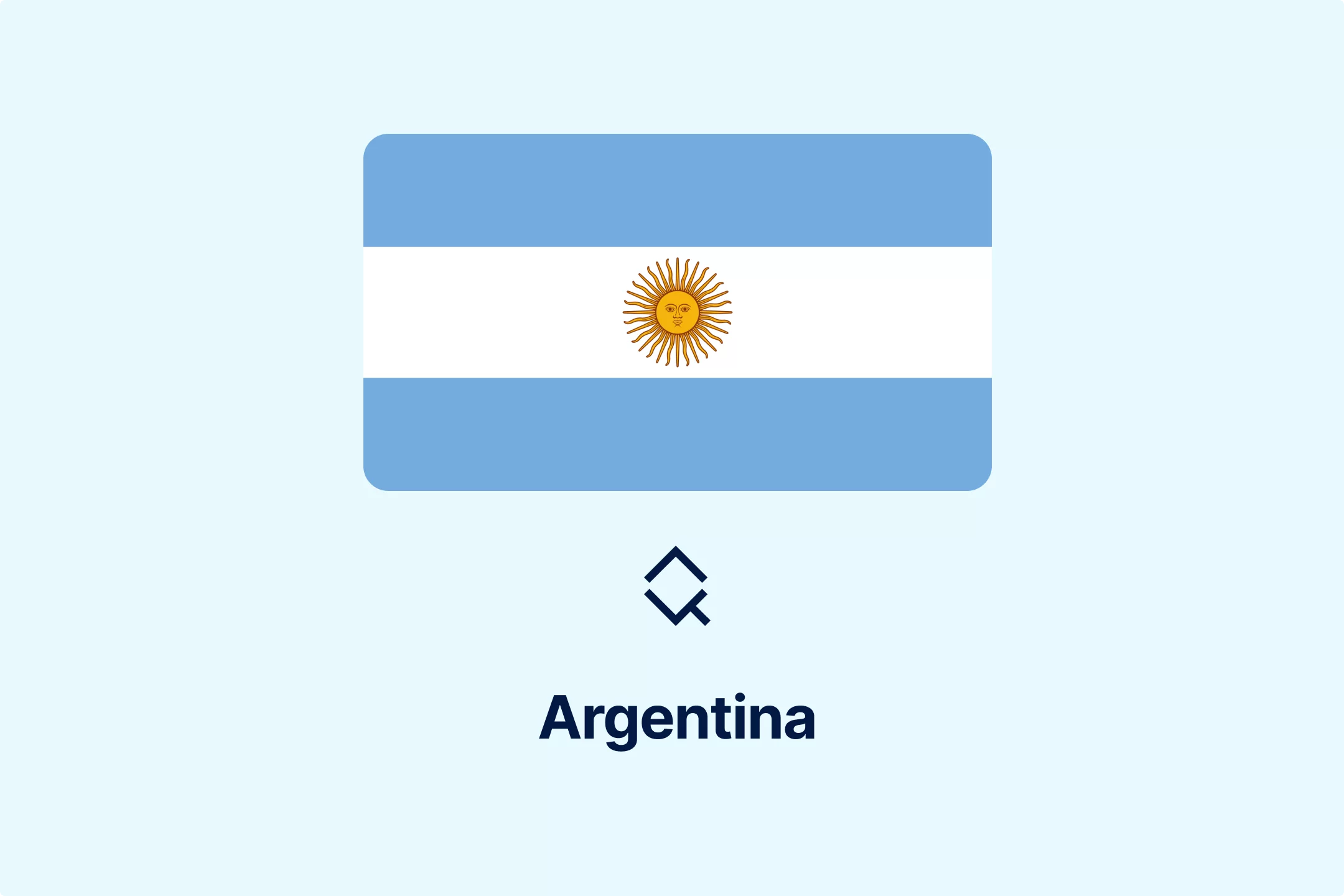
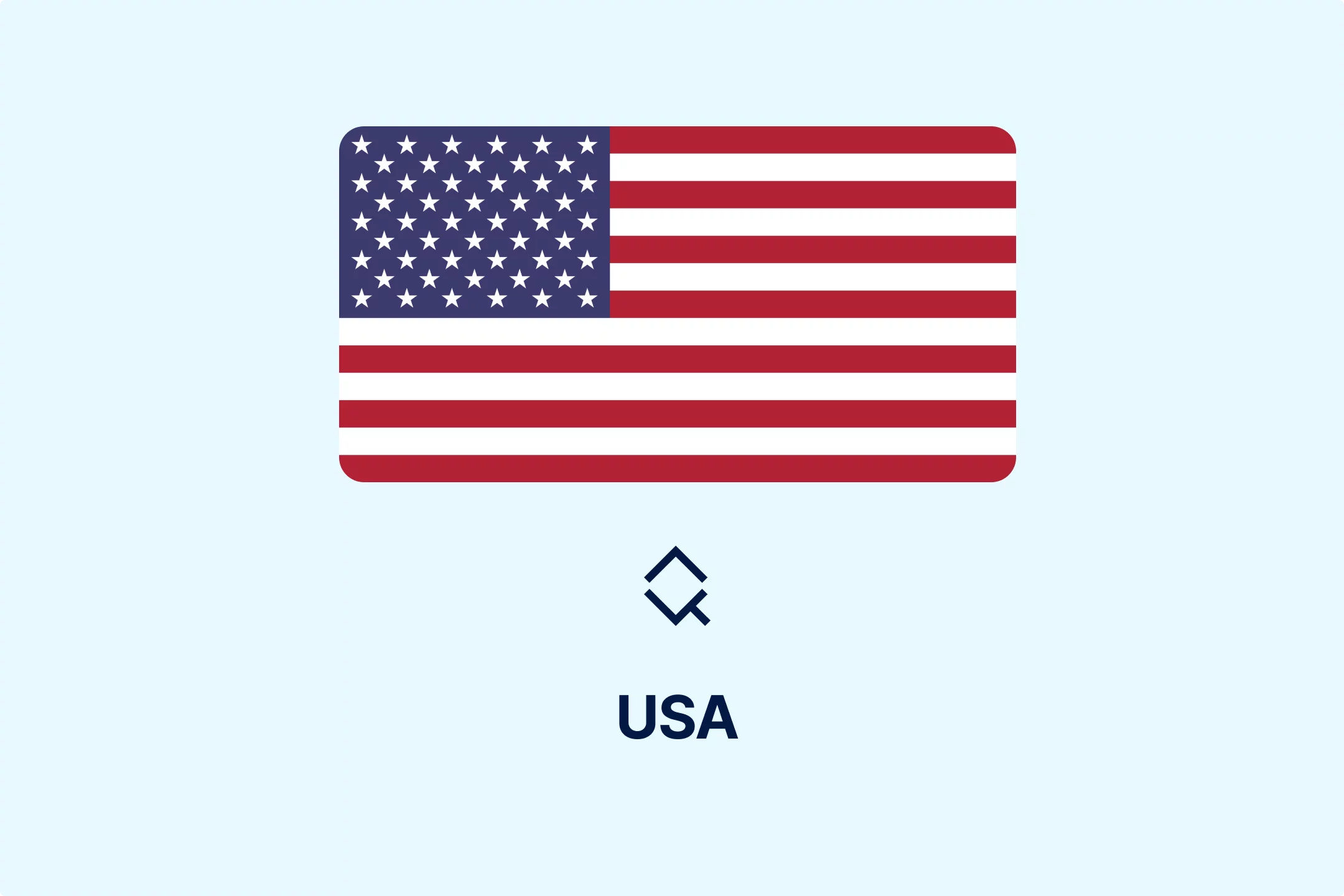
-fd4vrjrcmo.webp)



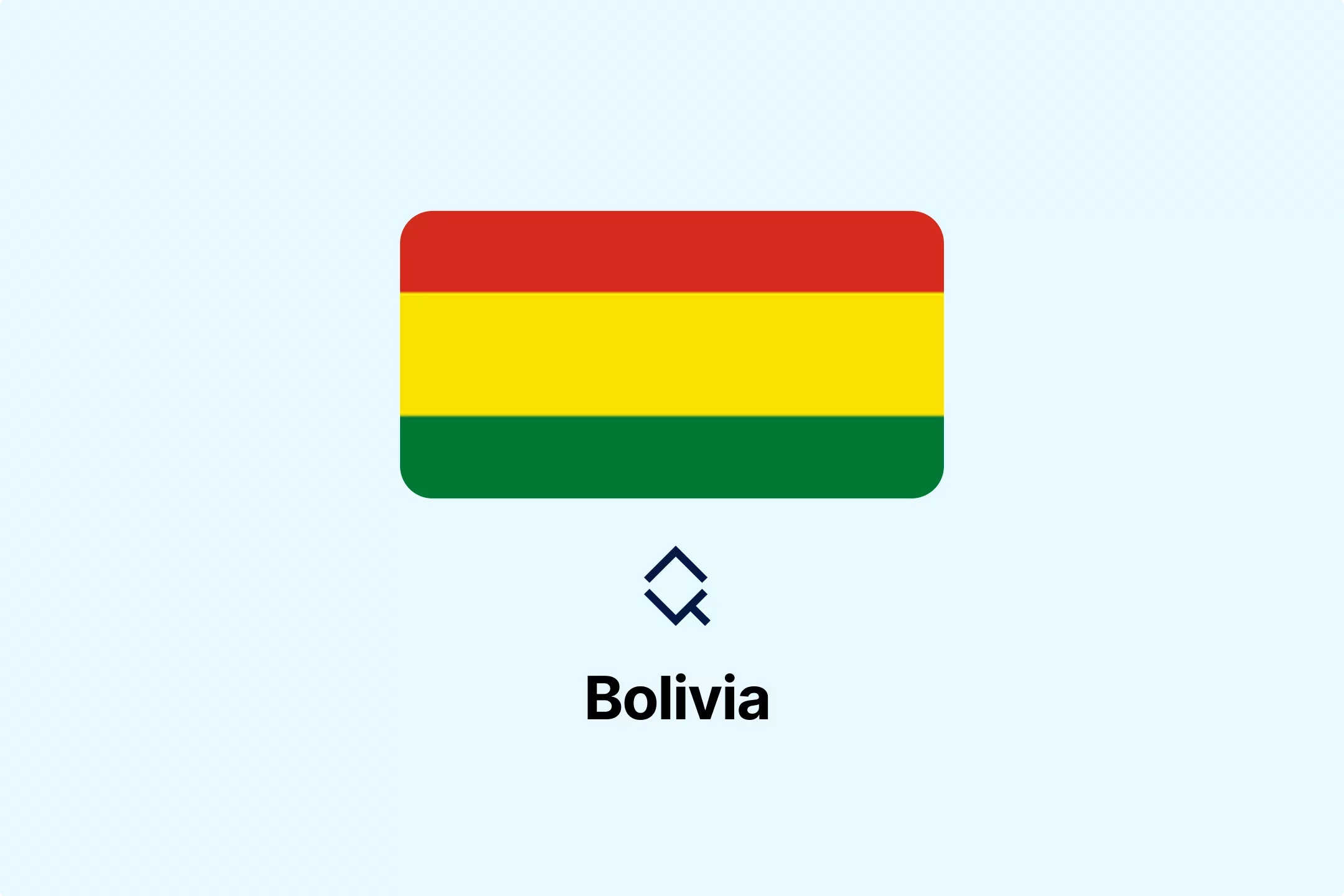

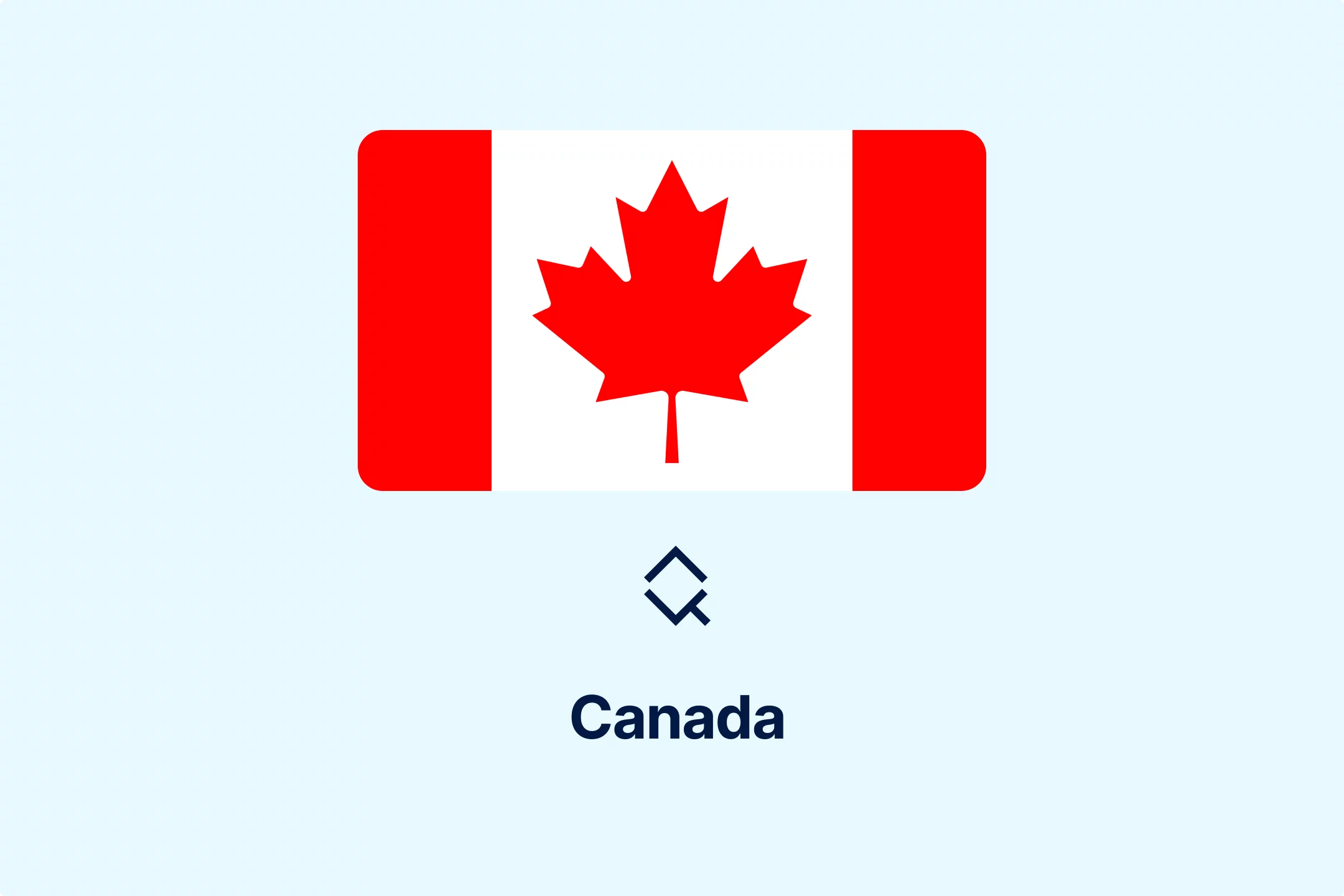





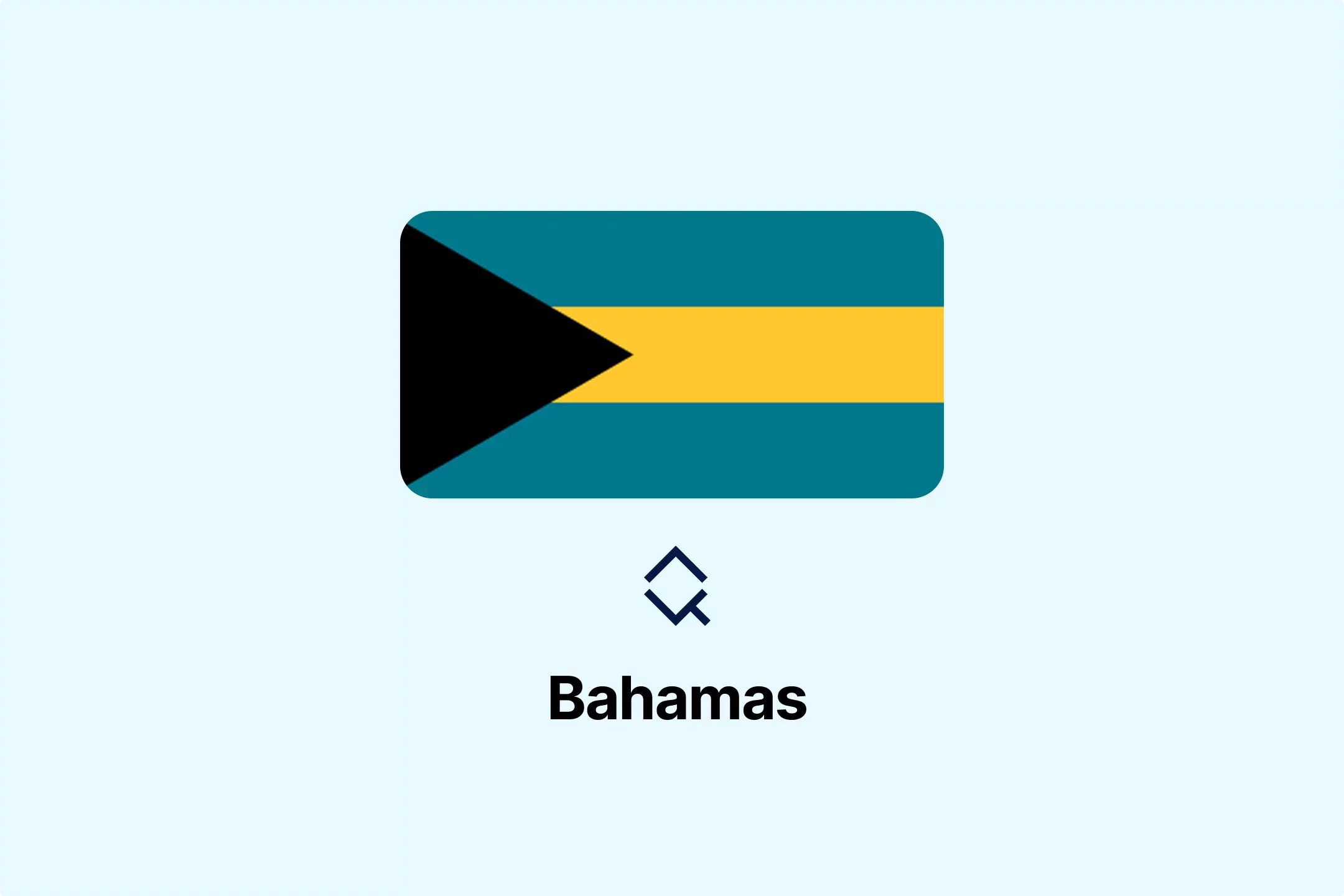



-qoqtiao7l2.webp)
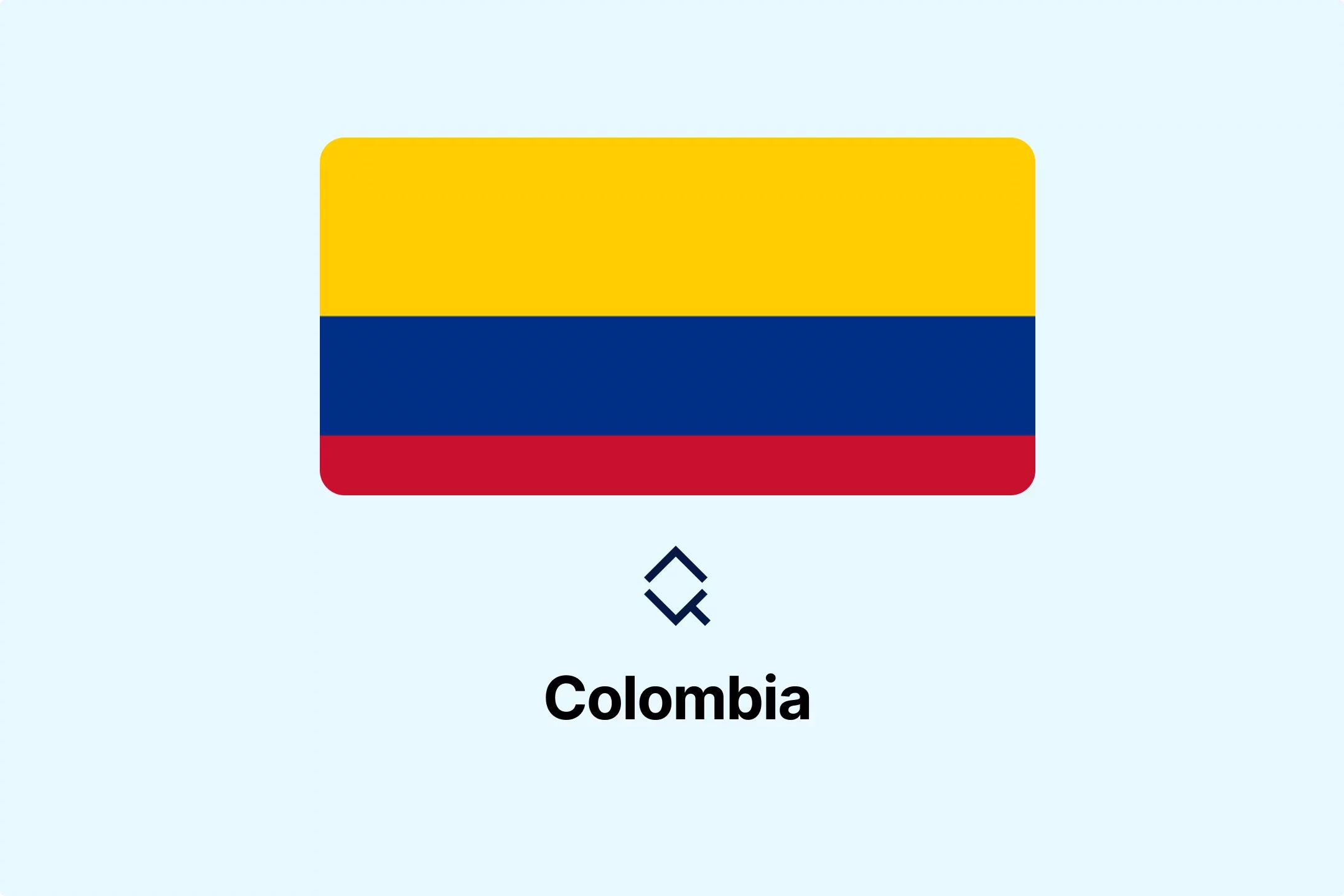
-pdupgqz2r8.webp)
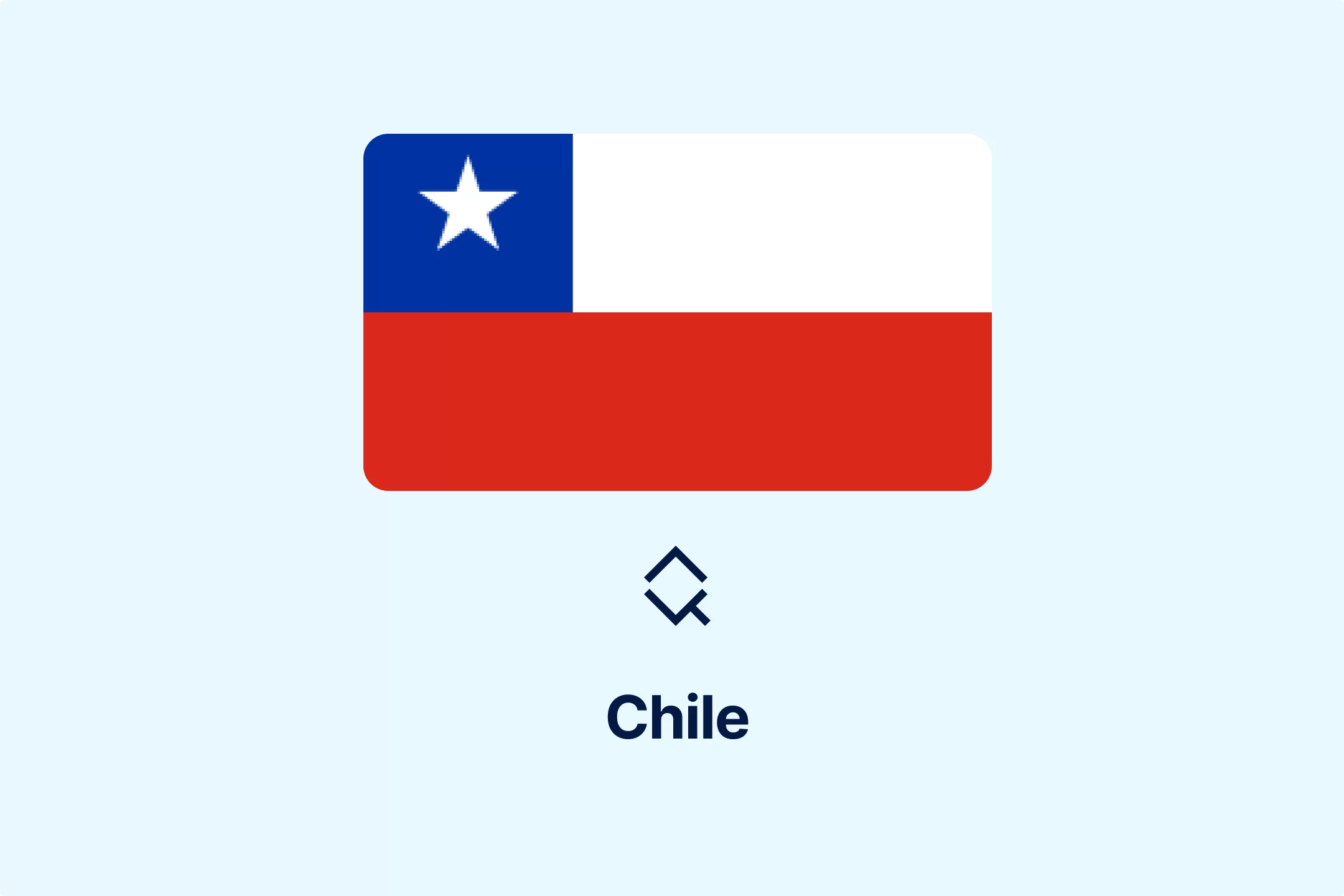
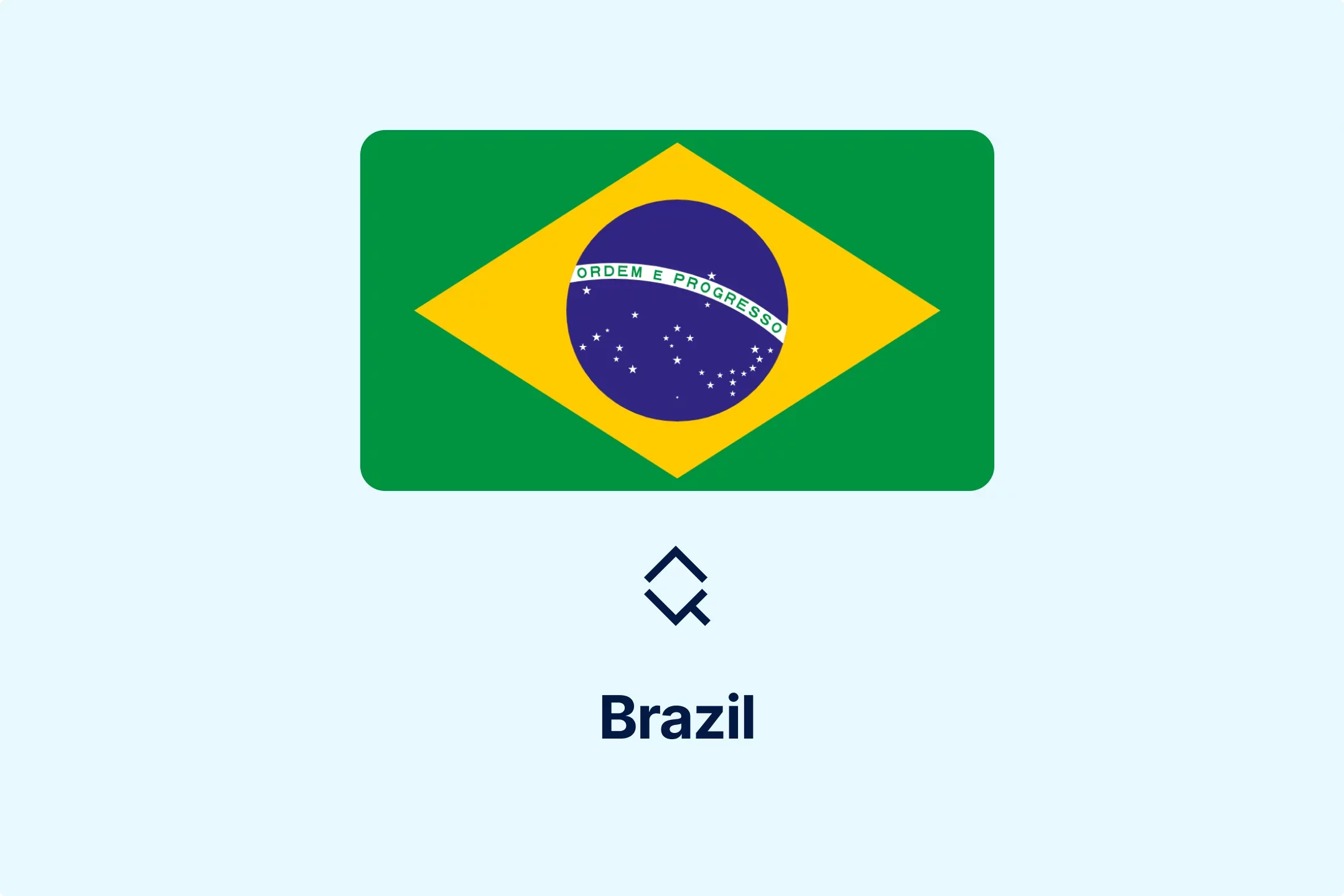




-o0xyg5unvs.webp)

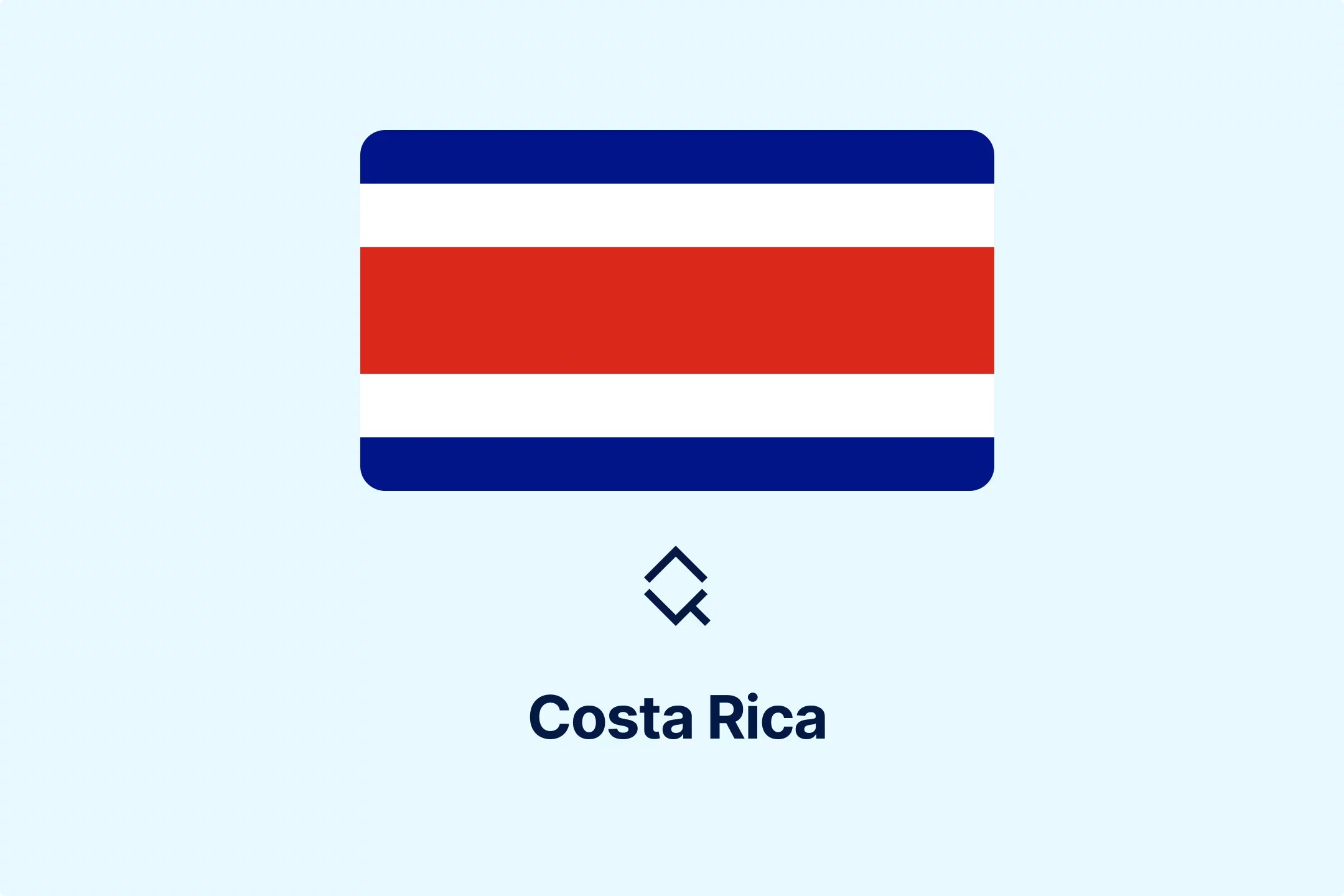
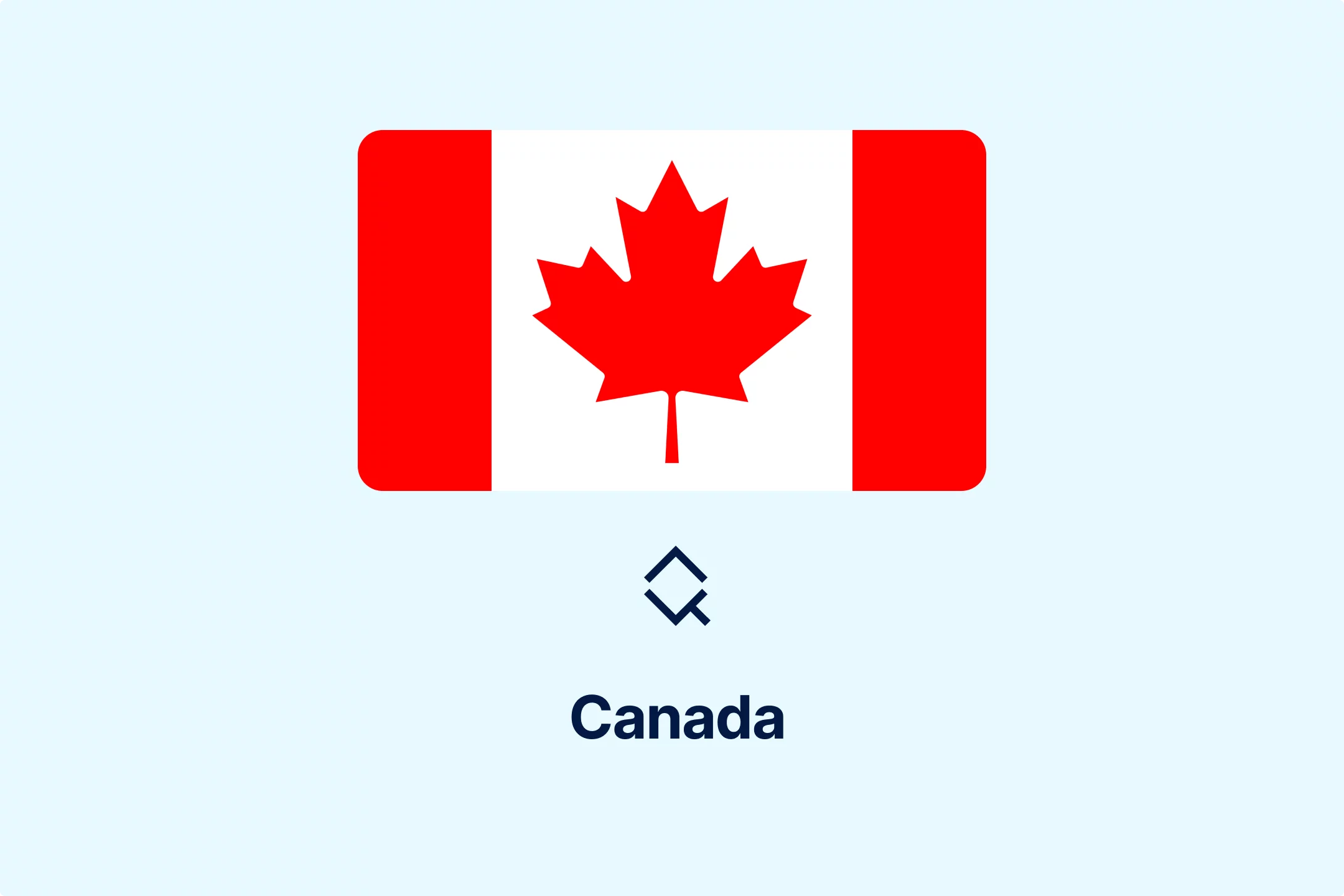
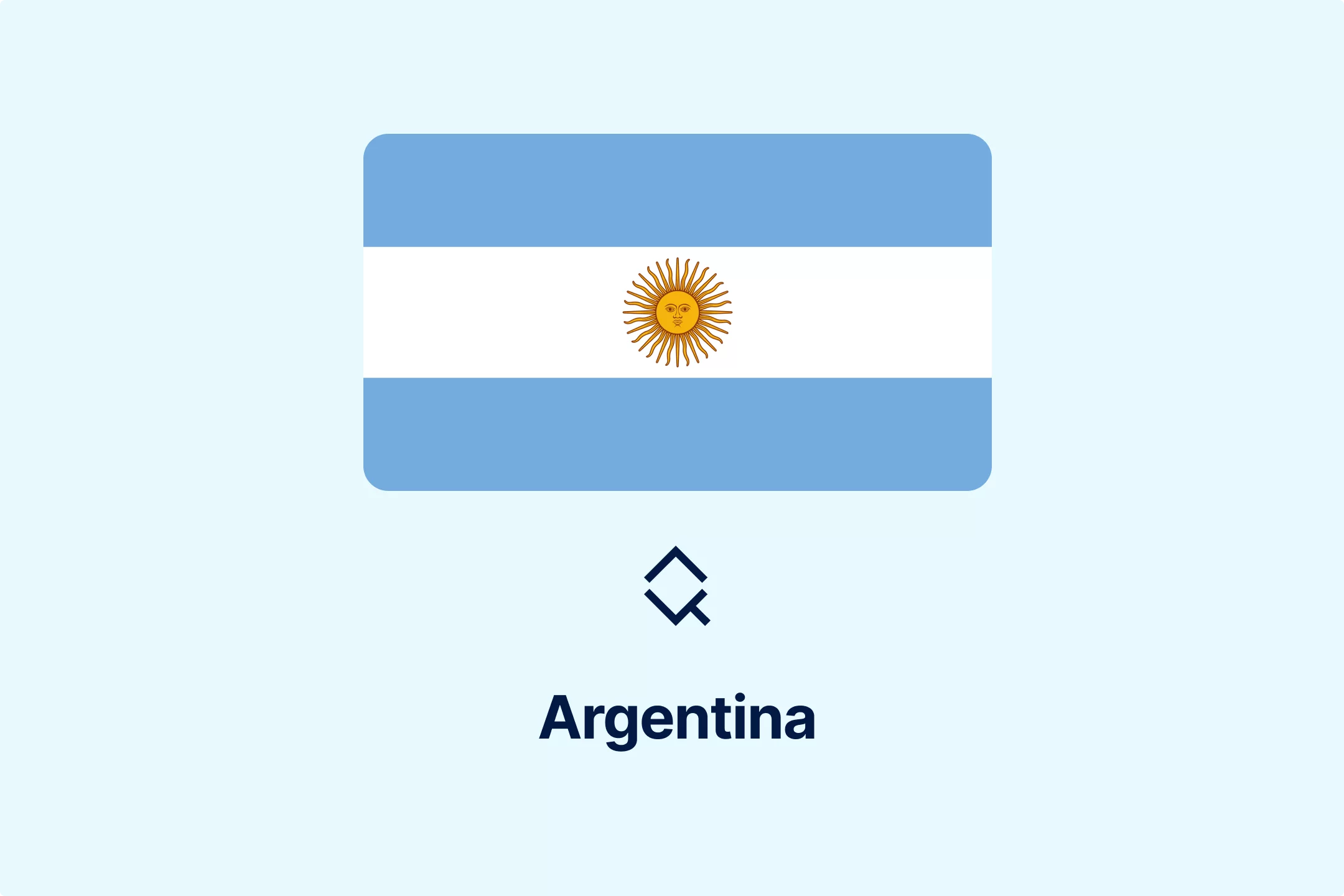



-sebuexzucq.webp)





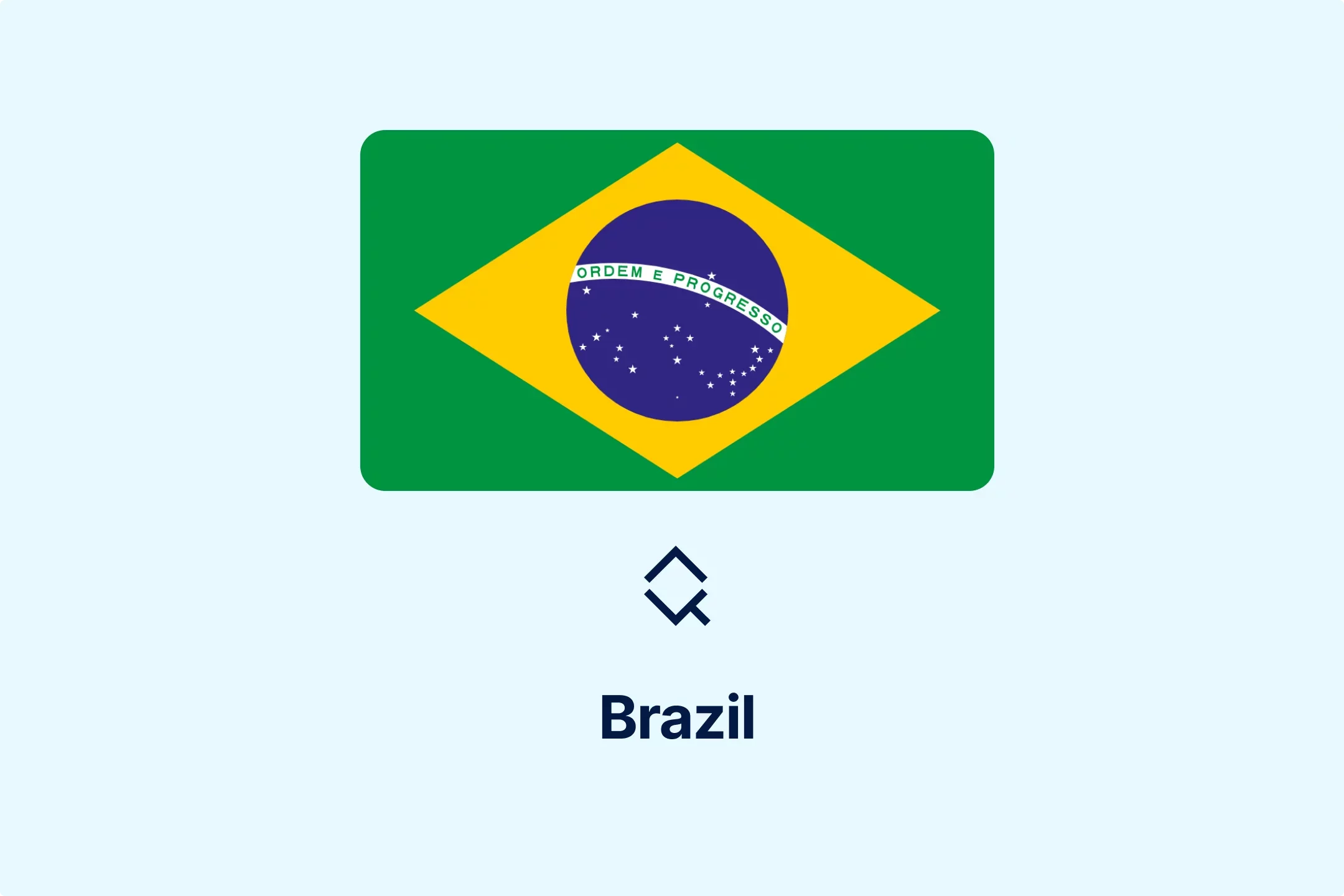

-sug7vykj81.webp)






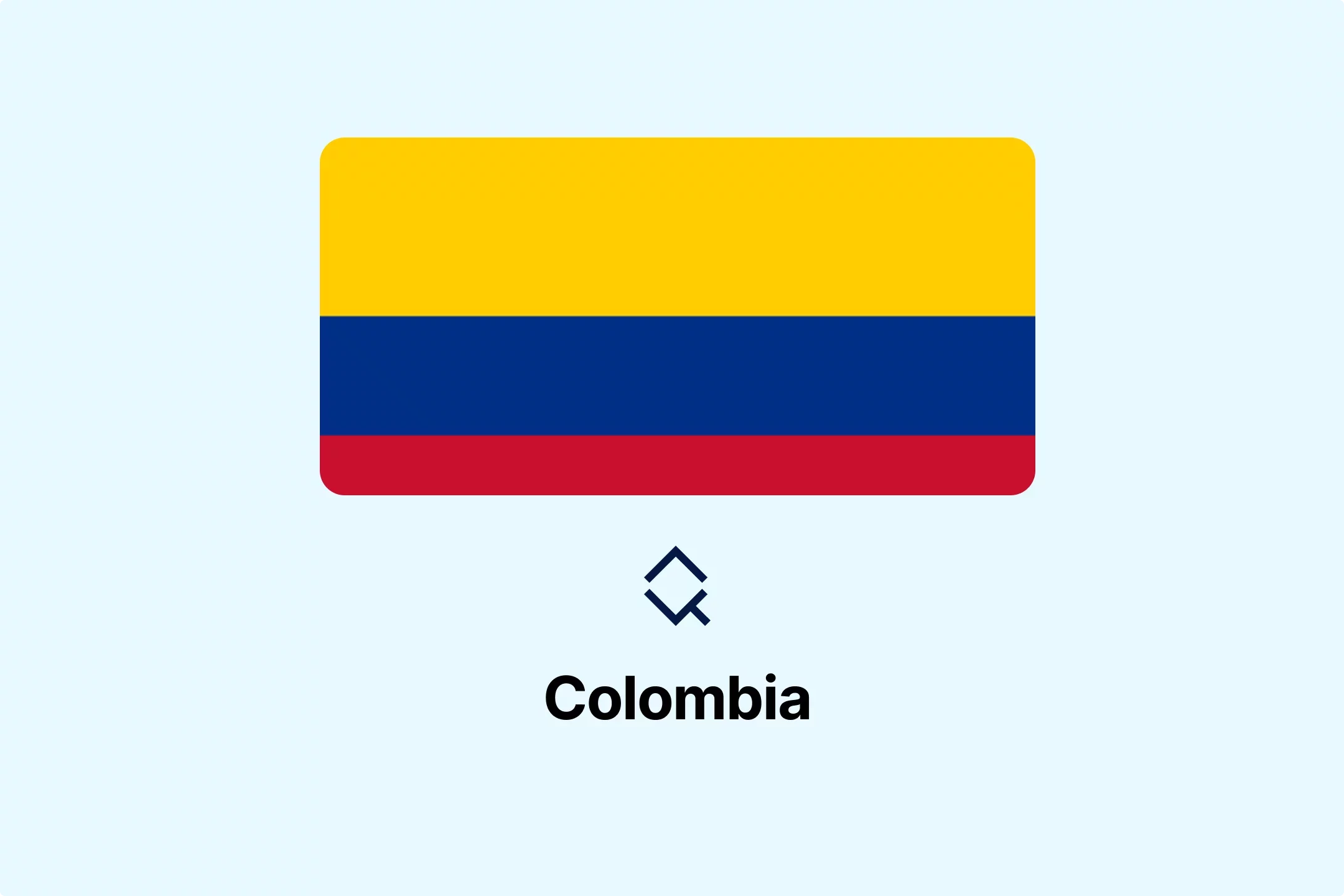
-gsvc6ack9u.webp)

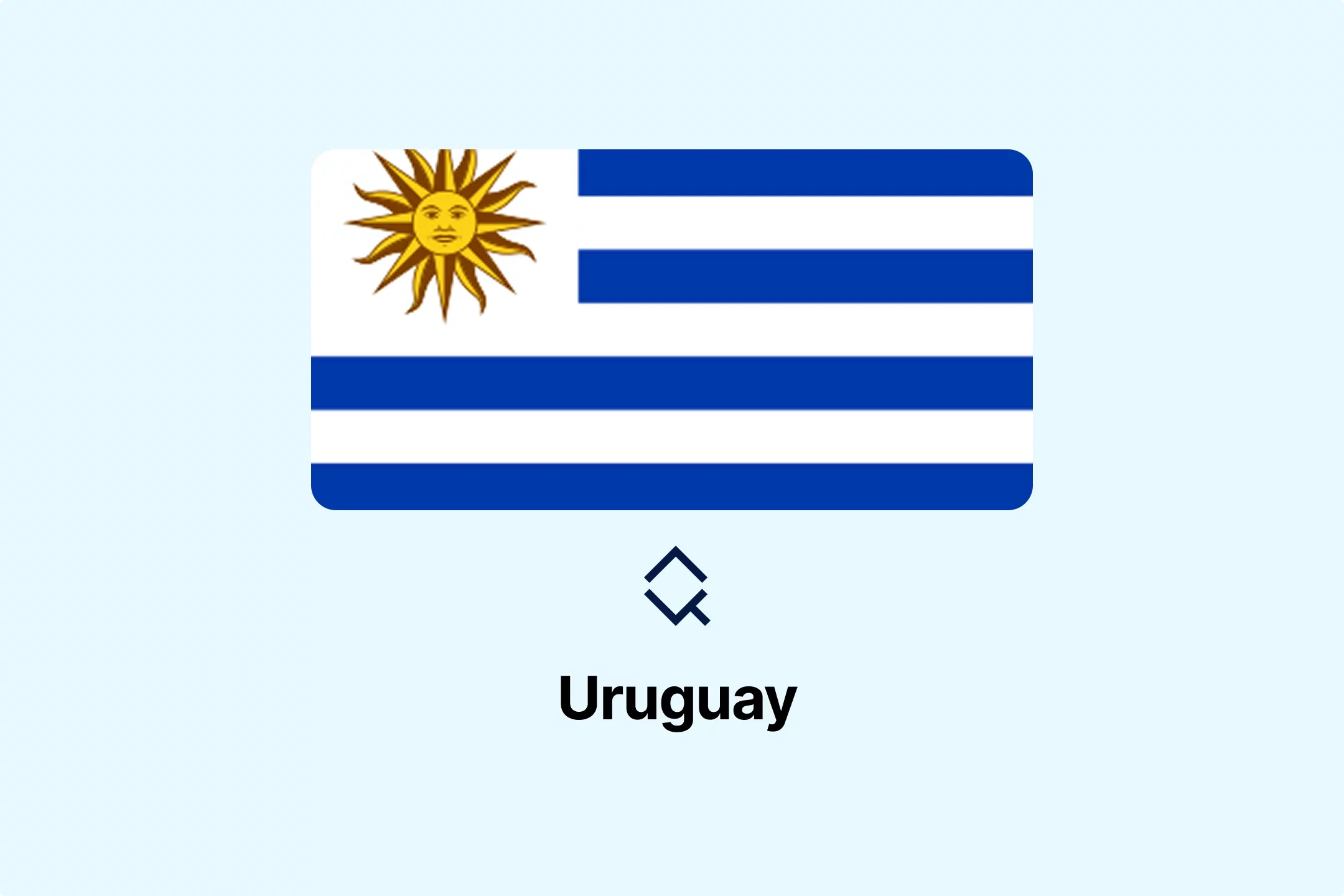


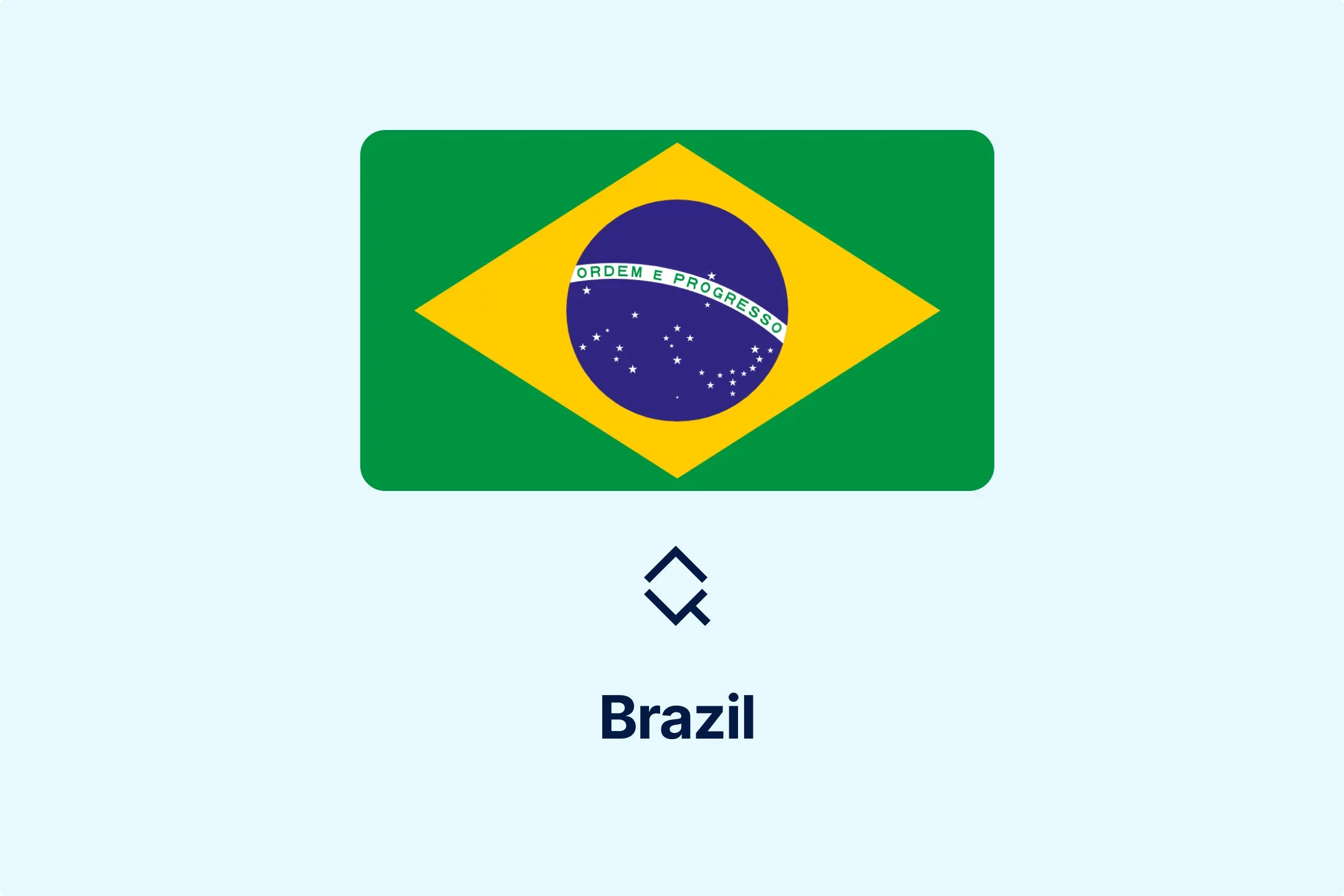


-xsarn0aogt.webp)

-hcel6azmgf.webp)



-p6e3ovhdh3.webp)


-fbovkq9h8b.webp)
-pofe7ucwz3.webp)


-d3qhimei1d.webp)




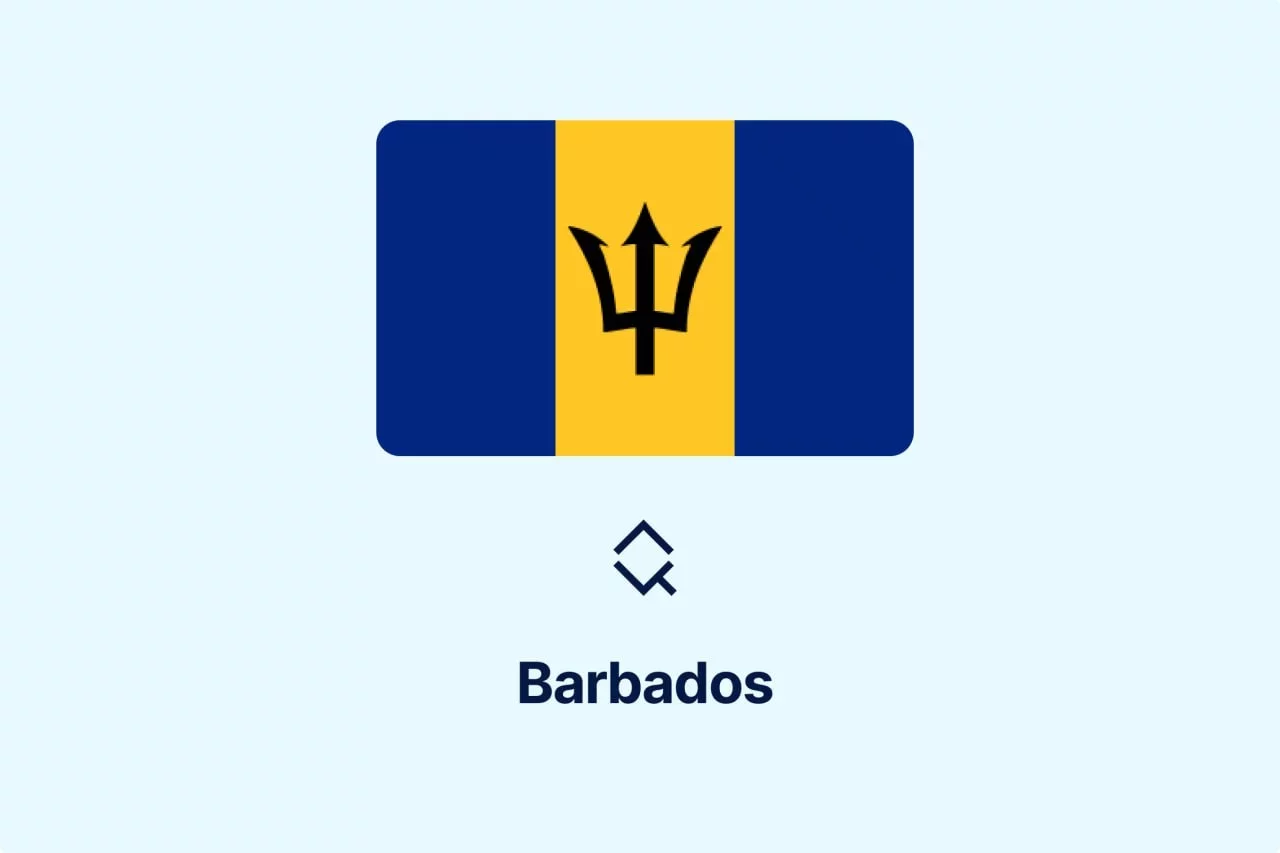

-nilkffjhah.webp)
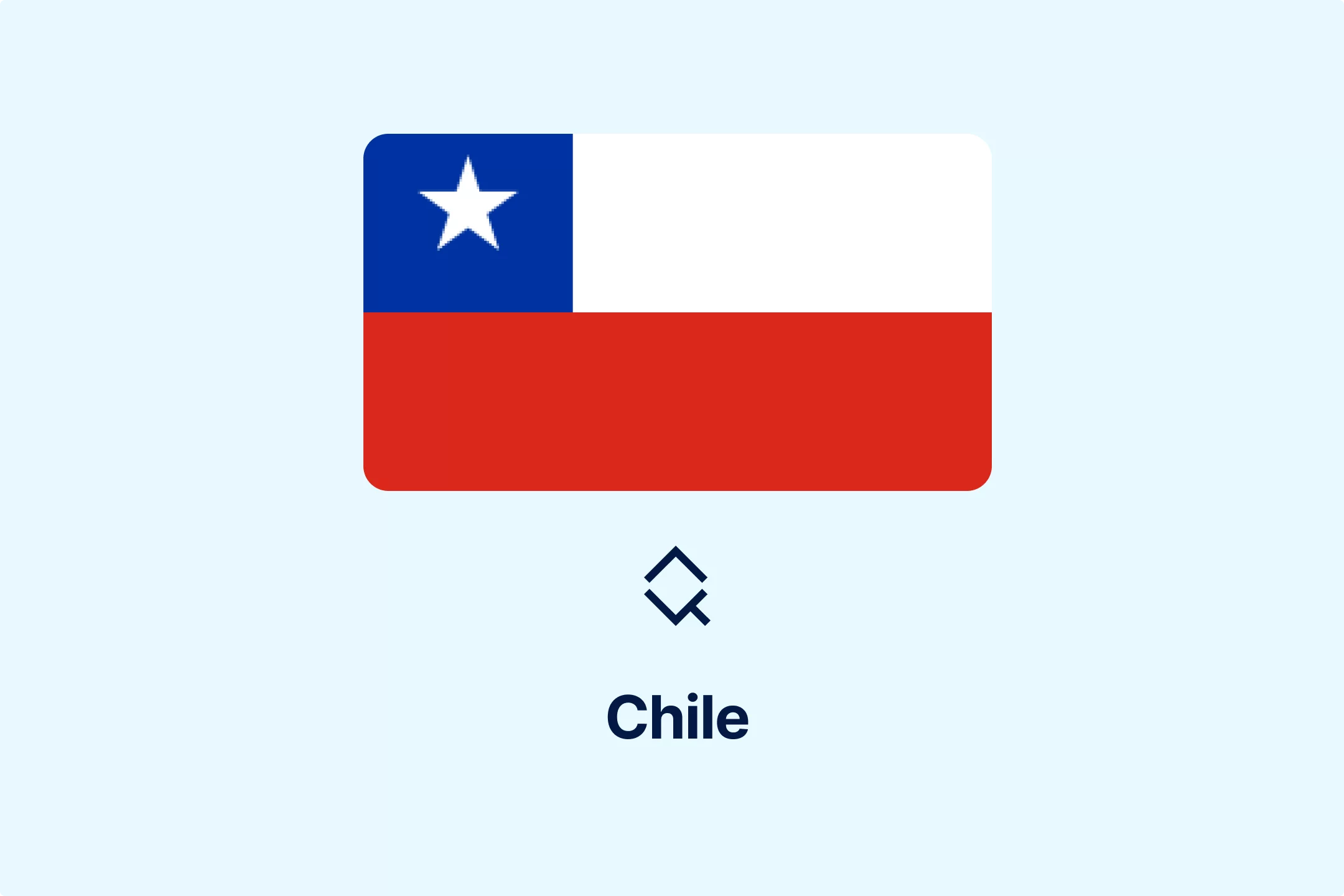











-xbhr0m4jsb.webp)


-ae6fi6cjox.webp)
















-b0fpsws1w1.webp)






















-x78wuofpzj.webp)



















-b44f1vjl1i.webp)



-priw8nq5xc.webp)
-8bkw2pujxu.webp)


.png)
.png)




.png)













































